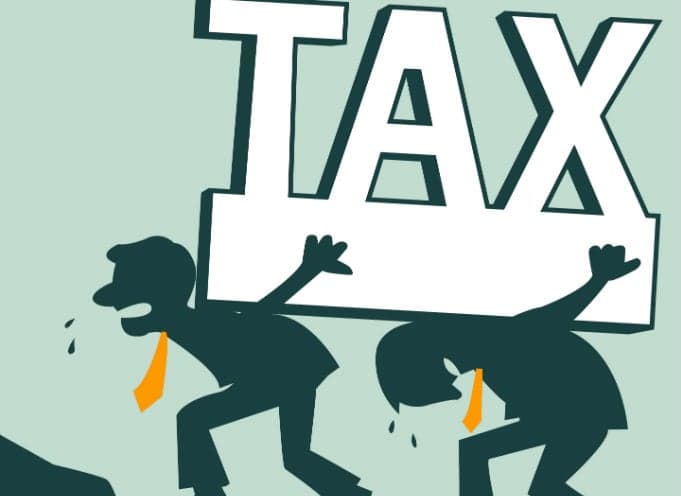
After the announcement of budget 2015-16 on Saturday, the finance ministry clarified that any service provided under “aggregator model” will be taxable from now on. The service tax has been laid on certain formats in the ecommerce space.
The amendment in the service tax rules clarifies that the aggregator, or its representative office located in India, is liable to pay service tax in two cases viz:
- If the service is provided by using the brand name of the aggregator directly or
- By the agents who have been appointed by the aggregators who do not have their presence
Let us understand this way-
US-based transport service provider, Uber, which acts as an online aggregator of luxury cabs, to around 1,200 cab operators in 10 cities, will now have to pay a service tax under the amended tax rules. Currently, Uber does not have an office in India and operating through the Netherland arm.
Similarly, companies like TripAdvisor, an online travel portal that acts as an aggregator will have to pay the tax.
Manish Mishra, executive director, Mazars Advisory Pvt Ltd, said, “Companies which provide services by acting as aggregator like travel portals, food portals or cab services app logically should have always been taxed. However, the department has now made it very clear that they will have to pay through reverse charge mechanism.”
Service tax has also been imposed on online and mobile advertising which will levy heavy charges on the way they promote. However, supply of manpower services and security services have come under full reverse charge, where service receiver will have to pay the full tax. Earlier these two services were under the partial reverse charge mechanism, which meant that the service provider would partly share the tax burden and pay 25 per cent of the service tax.




























 Ad-lite browsing experience
Ad-lite browsing experience